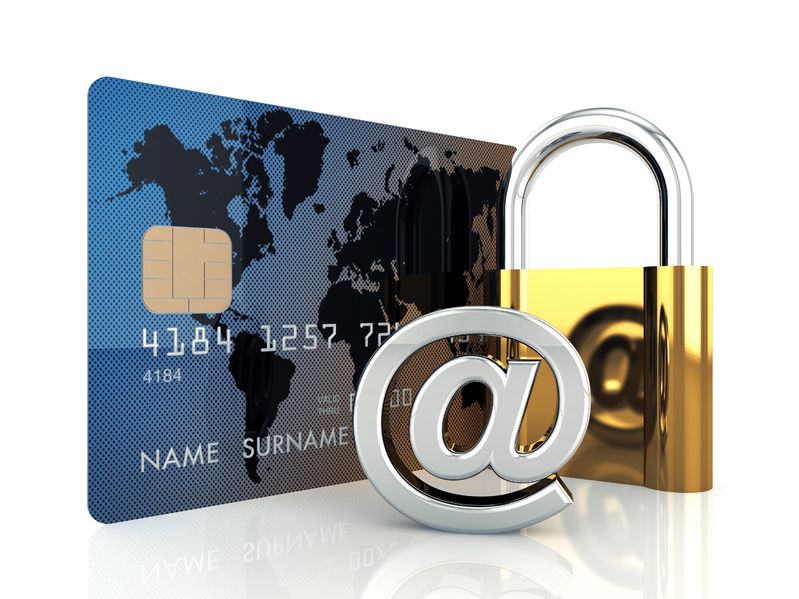
Multiple Electronic Check Processors is Smart Business
Merchants that are classified as high risk need to consider having multiple electronic check processors in order to protect business operations. Having only a single electronic check processor is too risky in these days of changing banking regulations and account underwriting guidelines.
Subprime industries are considered high risk merchants. Subprime includes, but are not limited to, payday lenders, title loan lenders, loan modification companies, installment lenders, debt collection agencies, bankruptcy attorneys, and tax relief firms.
Sub-prime industries are considered to be high risk for 2 primary reasons. First, the demographic of the market means that the consumers have high return rates for non-sufficient funds. Secondly, there is a higher likelihood of chargebacks (revoked transactions where the consumer says the payment was not authorized.)
Echecks & the Subprime Industry
Electronic checks are commonly used to collect repayment of loans. An echeck account gives you the ability to automatically debit recurring payments from the borrowers' bank account. Funds are then deposited to your business bank account.
There are 2 ways to process echeck transactions. First, echecks through the ACH network. Secondly, echecks through bank-to-bank data exchange based on Check 21 technology.
The ACH network is limiting for most lenders. NACHA, governing body of the ACH network, limits chargebacks to 0.5% and returns to 15%. The high rate of returns and risk of chargebacks make it difficult for the subprime industry to comply with restrictive ACH regulations.
Therefore, most subprime lenders use echecks that process transactions through bank-to-bank data exchange instead of through the ACH network. This gives lenders the flexibility to have significantly higher returns and changebacks.
Regardless of the way your echecks are processed, having more than one echeck account safeguards your business. Payment processing is simply too important to rely on a single processor.
Diversify Processing Today
One merchant with a sub-prime client base was processing $500,000 per month in echeck transactions.
Repeated recommendations were made to the merchant to diversify payment processing accounts to mitigate risk, The client agreed in principle that it was a good idea to have more than one account.
But, like so many of us, procrastination overtook action. The one account was running smoothly for several months. There appeared to be no urgency to acquiring a back-up account.
Then, without notice, the processor decided to shut down the account. The decision had nothing to do with the client. The processors’ banks simply made the decision to no longer process payments for the sub-prime market.
One day the merchant had $500,000 per month in processing, The next day, the merchant was unable to process any transactions. Their entire business was at risk. And the scramble began to quickly obtain the volume of processing required to keep the business running.
Fortunately, we were able to secure another account for the merchant quickly. Still, it was a nerve-shattering experience for all involved. And one that could have been prevented by having a back-up account in place and ready to go.
Conclusion
The moral of the story is that it’s vitally important to be proactive when you are in a high risk merchant processing category, such as the subprime industry.
Establishing more than one echeck account is a prudent payment processing strategy to protect your business operations. It is particularly important for merchants who process a lot of transactions.
Diversification is the key to your long-term success. Always have more than one echeck account in place.
Are you interested in diversifying your electronic check processor acccounts to protct your business?
Contact info@nationalach.com
Topics
- eCheck Payment Solutions for High-Risk Adult Entertainment Businesses
- eCheck Payment Solutions for High-Risk Travel and Ticketing Agencies
- eCheck Payment Processing in High-Risk Online Dating and Matchmaking
- eCheck Payment Processing for High-Risk Subscription Boxes and Membership Clubs
- Risk Management Tools for High-Risk ACH Payment Processing
- Optimizing Conversion Rates in High-Risk ACH Payment Processing
Categories
- ACH (96)
- ACH merchant account (62)
- ACH Network (14)
- ACH Payment Processing (91)
- ACH Unauthorized Return (2)
- Alternate Payment Processing (27)
- bank marijuana (1)
- chargeback prevention (1)
- Check 21 (29)
- Check 21 Payment Processing (11)
- check verification (3)
- check21 (4)
- Collection Agency Merchant Account (2)
- Crypto Merchant Account (1)
- Debt Collection Agency Merchant Acount (5)
- Echeck (53)
- echeck payment processing (46)
- Echecks High Risk Merchants (43)
- Ecommerce (2)
- ecommerce merchant account (3)
- electronic checks (51)
- Electronic Funds Transfer (12)
- Health Care Merchant Account (1)
- High Risk ACH (15)
- high risk merchant account (47)
- High Risk Merchants (34)
- High Risk Merchants (27)
- High Risk Payment Processing (52)
- High Risk Processing (37)
- International Payment Processing (4)
- Lenders Merchant Account (2)
- Moto Merchant Account (1)
- Nutraceutical Merchant Account (1)
- Payday Lenders Payment Processing (1)
- Payday Loan Processing (3)
- Recurring Billing (13)
- Recurring Payment (12)
- SaaS (1)
- same day ach (2)
- Secure Payment Processing (14)
- travel merchant account (1)
Popular blogs
- eCheck Payment Solutions for High-Risk Adult Entertainment Businesses
- eCheck Payment Solutions for High-Risk Travel and Ticketing Agencies
- eCheck Payment Processing in High-Risk Online Dating and Matchmaking
- eCheck Payment Processing for High-Risk Subscription Boxes and Membership Clubs
- Risk Management Tools for High-Risk ACH Payment Processing